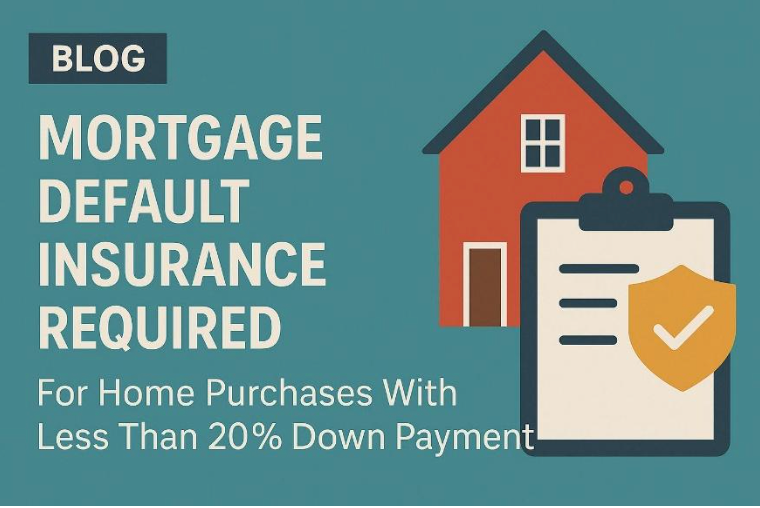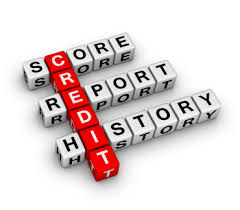How to Get a FREE Copy of Your Credit Bureau
Think of your credit score as a report card on how you’ve handled your finances in the past. A credit score is a number that lenders use to determine the risk of lending money to a given borrower .
There is always someone willing to lend you money however, higher risk = higher rates!
For more information check out my BLOG Solving the Puzzle – 5 factors used in determining your Credit Score
Step 1 for good credit – you need to know your credit history
- In Canada there are 2 credit bureaus – Equifax and TransUnion.
- You can receive a FREE copy of your credit report from both Equifax Canada and TransUnion Canada once a year
- You can pay Equifax or TransUnion for a digital copy, which is much faster, BUT you have to pay, which sucks.

I recommend you order a copy of your credit report from both Equifax Canada and TransUnion Canada, since each credit bureau may have different information about how you have used credit in the past.
Ordering your own credit report has no effect on your credit score.
- Equifax Canada refers to your credit report as “credit file disclosure”.
- TransUnion Canada refers to your credit report as “consumer disclosure”.
Once you have obtained your free credit report, check it for errors:
- Are there any late payments that have been erroneously attributed to your credit history?
- Are the amounts owing in your credit report accurate?
- Is there anything missing on your credit bureau
- Sometimes the credit bureau has more that one file with your name, which can be merged, but it takes time.
If you find any errors on your credit report, you need to dispute them with your credit bureau.
How can I get a copy of my credit report and credit score?
There are two national credit bureaus in Canada: Equifax Canada and TransUnion Canada. You should check with both bureaus.
Credit scores run from 300 to 900. The higher the number, the greater the likelihood a request for credit will be approved.
The “free-report-by-mail” links are not prominently displayed, since credit bureaus would love to sell you instant access to your report and credit score online.
Equifax, the instructions to get a free credit report by mail are available here .
Equifax Free Credit File Options for Canadian Residents
You may request a free copy of your credit file through one of the options below:
- To order your free Equifax credit report by phone, call 1-800-465-7166 To request your credit report free of charge by phone, use our Interactive Voice Response system (IVR) is an automated tool that gathers the required information to process your request through voice response or key pad selection. It is important to note that when requesting your free credit report by phone, you will be required to enter your Social Insurance Number (S.I.N.). If you do not wish to provide your S.I.N., you will need to select a different option to submit your request such as mail or in person.
- To order your free credit report by mail or fax, please fill in this Canadian Credit Report Request Form and forward to National Consumer Relations using the address or fax number listed on the form.
The form must be completed, with photocopies of your identification to:
National Consumer Relations;
P. O. Box 190, Station Jean-Talon
Montreal, Quebec H1S 2Z2
Or by Fax: 514-355-8502
If/when you complete the identity validation process, your credit report will be sent to your home address via Canada Post within 5-10 days.
Click here to purchase your one-time Equifax credit score and report OR your Equifax credit report .
Correct an Inaccuracy on Your Equifax Credit Report
If you find any information that you believe is inaccurate, incomplete or a result of fraud, you have the right to file a dispute with Equifax Canada . You will need to complete the Credit Report Update form enclosed with your package. You can also review how to dispute information on your credit report for additional details on the Equifax dispute process.
For TransUnion, the instructions to get a free credit report by mail are available here
Online New! Quick and easy online access to view and download your free yearly Consumer Disclosure.
By Phone Request your Consumer Disclosure by phone using our Interactive Voice Response system: 1(800) 663-9980 (Prompt 1)
IVR or Interactive Voice Response is an automated tool that guides you through the use of your touch-tone phone or voice. The TransUnion IVR serves consumers who wish to obtain a copy of their Consumer Disclosure through a secure and effective channel without having to wait to speak to a representative. It is a service provided to you free of charge which asks you a series of questions to authenticate your identity in order to provide you with a copy of your Consumer Disclosure. If/when you pass the authentication process, your Consumer Disclosure will be sent to your home address via standard mail.
Mail It’s easy to request your free Consumer Disclosure by mail. Simply download and complete the Consumer Request form.
Click here to purchase your one-time TransUnion credit score and report OR your TransUnion credit report .
Credit Report Disputes – You can dispute your TransUnion credit information or update personal information on our credit report in three ways.
Equifax & TransUnion do NOT offer a free service to access your credit score.
 The bottom line: when it comes to financing your life, through credit cards, mortgages, car loans or any other kind of debt – your credit score has a BIG impact on what kind of terms you can negotiate.
The bottom line: when it comes to financing your life, through credit cards, mortgages, car loans or any other kind of debt – your credit score has a BIG impact on what kind of terms you can negotiate.
Keeping an eye on your credit score is important — if there’s a problem or an error, you want to know and have time to fix it before you apply for a loan.
For more information check out 9½ Steps to Repair & Improve Your Credit
Mortgages are complicated… BUT they don’t have to be! Engage an expert.
Give me a call and let’s discuss a mortgage that works for you (not the bank)!







